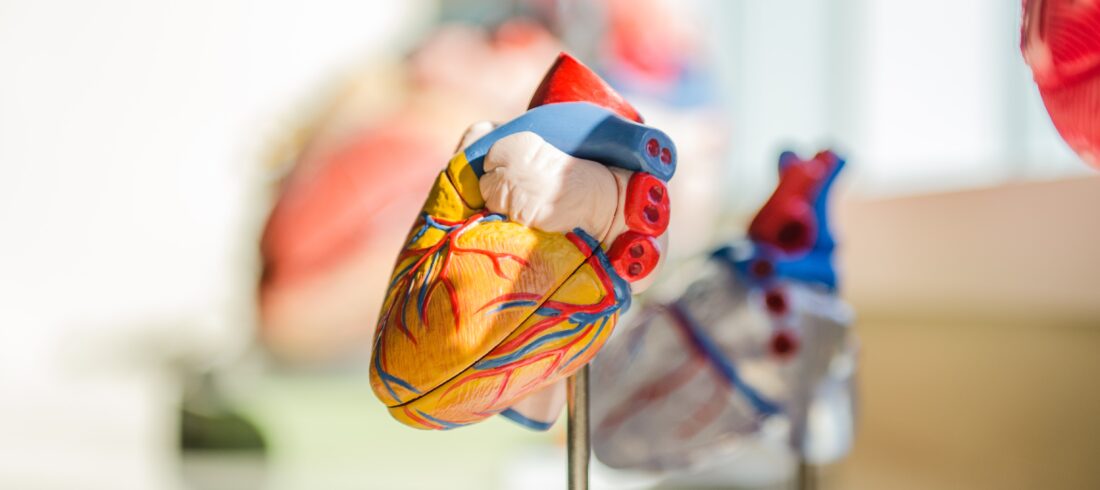At Premier Medical Group, our primary goal is to empower patients with the knowledge they need to make informed decisions about their health. September is National Cholesterol Education Month and to celebrate we’re sharing some important information about what cholesterol is, why it matters, and how you can prevent cardiovascular diseases by taking control of your heart health.
What is cholesterol?
Cholesterol is a waxy substance your body uses for vital functions like building cells and making vitamin D and hormones. Too much cholesterol, however, can cause problems. If you have too much cholesterol in your blood, it can combine with other substances to form plaque. This plaque can build up and stick to the walls of your arteries, which narrows your bloodstream and can lead to coronary artery disease.*
The Importance of Cholesterol Balance
Your body creates all the cholesterol you need within the liver, but you can also get cholesterol from the foods you eat. There are two main types of cholesterol: low-density lipoprotein (LDL) and high-density lipoprotein (HDL). LDL cholesterol is often referred to as “bad” cholesterol because high levels can lead to the buildup of plaque in your arteries, increasing the risk of heart disease. HDL cholesterol, also known as “good” cholesterol, helps remove excess cholesterol from the bloodstream. Maintaining a healthy balance between LDL and HDL cholesterol is vital for supporting and improving heart health.
Risk Factors and Lifestyle Choices that Affect Cholesterol
Several factors influence your cholesterol levels, including genetics, diet, physical activity, and overall lifestyle. If you have a family history of high cholesterol or heart disease, you may be at a higher risk. However, your lifestyle choices also play a significant role in your cholesterol levels. A diet high in saturated and trans fats can raise LDL cholesterol, while a diet rich in fiber, whole grains, and healthy fats can help manage it. Regular exercise, maintaining a healthy weight, and not smoking are also crucial components of heart health and balancing cholesterol.
Foods that help lower bad cholesterol include:
- Oats, barley, and other whole grains
- Beans
- Eggplant
- Vegetable Oils
- Fatty Fish
- Apples, grapes, strawberries, & citrus fruits**
Cholesterol Testing and Monitoring
Understanding your cholesterol levels is the first step towards prevention. A simple blood test known as a lipid panel can measure your cholesterol levels. Your healthcare provider will help interpret the results and guide you on steps to take to manage your cholesterol levels, if necessary. If your bad cholesterol is high, you can take measures such as updating your diet to increase good cholesterol and include more heart-friendly foods, as well as add in more regular exercise to your daily routine. For most adults, regular cholesterol screenings should begin around age 20 and continue every 4-6 years.
Take Control of Your Heart Health
Education empowers action, and when it comes to cholesterol, knowledge is power. By understanding your own cholesterol levels, making heart-healthy lifestyle choices, and working closely with your healthcare provider at Premier Medical Group, you can take charge of your heart health. Remember that small changes can yield significant results, and every step you take towards maintaining balanced cholesterol levels contributes to a healthier heart and a brighter future.
*https://medlineplus.gov/cholesterol.html
**https://www.health.harvard.edu/heart-health/11-foods-that-lower-cholesterol

